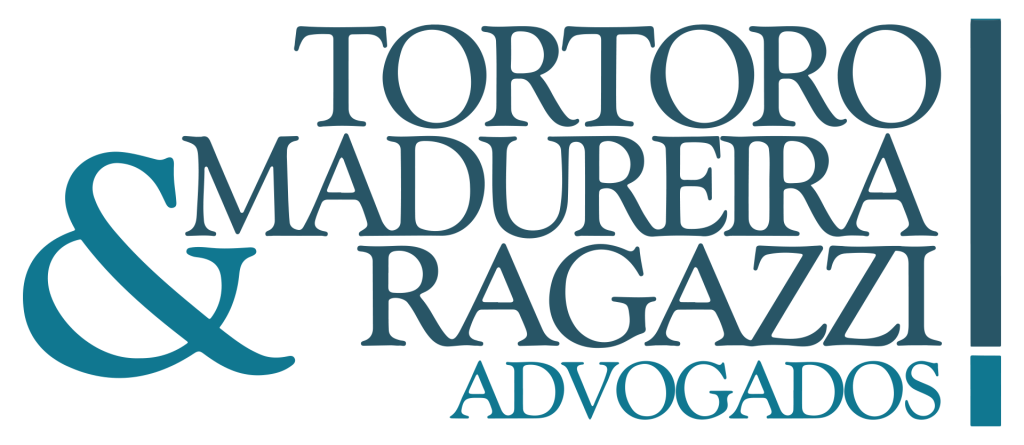
October 13, 2021, Nestor Saragiotto, Lawyer and Partner of Tortoro, Madureira & Ragazzi Advogados
The pandemic, which is taking a long time to abandon us, inaugurated in Brazil the period of telepresence hearings and collegiate judgment sessions, which, in general, made it possible to continue the forensic activity without major problems and allowed lawyers to continue to exercise their profession, that the Judiciary persists in the delivery of the jurisdictional provision and that the parties be allocated what the State-judge deems fair and appropriate (in times of “politically correct”, it is prudent to clarify, from the outset, that the text was chosen for election of the male gender as universal, in accordance with the rule still in force in the Portuguese language, so that when I write “lawyer” I mean men and women, male and female lawyers, in short, everyone…).
Well then. Specifically with regard to the courts, it can be said that the telepresence sessions shortened distances, reduced expenses and democratized the access of many lawyers to the second instance. If before it was necessary to travel hundreds of kilometers, or hire a colleague based near the court, now, the lawyer only needs a computer connected to the internet, or even a simple cell phone, to participate in the trial sessions and orally support the reasons of his client. Ease of access allowed for a significant increase in the number of registrations for the use of the tribune and, consequently, an extension in the duration of the sessions. It is not rare that the advanced schedule interrupts the trials when there are still countless facts pending assessment. As can be seen, the virtual system has advantages and disadvantages, which should be shortly weighed by the courts, deciding whether or not to remain in place, as the time for returning to face-to-face sessions seems to draw near.
I understand the intent. I know that in addition to showing good education, the lawyer imagines that he is complying with the ethical precept and the legal determination to treat everyone with respect and politeness. However, some attitudes dictated by good individual intentions, especially when practiced in a usual and repeated way by a significant number of people, can cause unwanted effects in the field of action of an entire professional category, weakening it.
I am referring specifically to the lawyer’s prerogatives, so hard won. More than a simple right, the prerogative is dignity, honor, privilege, privilege, justifiably conferred on the law so that it can, with freedom and pride, exercise its public function of safeguarding the democratic State and the rights of citizens. The lawyer is essential to the administration of Justice, by constitutional provision, and in his private ministry he provides public service and performs a social function. Defending and protecting the prerogatives is the best way to value the law, not admitting any misrepresentation in this aspect. It is for all these reasons that I consider the “license to withdraw” as inappropriate, even though I respect contrary opinions.
It is not a mortal sin, but for that it should not be exempt from criticism. Yes, because the list of prerogatives granted to the lawyer states that he can freely enter the courtrooms, stay there and speak, sitting or standing, and leave regardless of license (Law No. 8906/1994, (EA) , article 7, VI, a, VII). Such guarantees are not free. They help to understand that there is no hierarchy between lawyers, magistrates and members of the Public Ministry (EA, article 6), reinforce the idea of equality between them, contribute to elevate the legal position, making it less painful, therefore, to comply with its mission as defender of democracy, human rights and fundamental guarantees, citizenship, morality, justice and social peace. I have carefully observed the reaction of the judges, presidents of the groups or chambers, in the face of unwanted requests for permission to leave the premises: they invariably ignore such manifestations (iura novit curia…) as if they had not been formulated, limiting themselves to thanking the presence and to say goodbye to the lawyers, not without some embarrassment.
There is, of course, no stimulus to outrage or incivility here, far from it, even because those who want to be respected must, first, respect. The reason for this quick provocation is just to remember that no type of subservience, even if involuntary, well-intentioned or even imagined, is consistent with the practice of law, inextricably guided by inviolability, freedom, autonomy and functional independence. The intention here is only to help in the efforts to raise the awareness of the class, especially younger lawyers, as to the importance of not allowing attacks on the prerogatives, which belong to the lawyer, but also to the citizen.
In Ruy’s eyes, the legal profession has an almost priestly dignity. There is no other of the same status and the current difficulties to exercise it are enough for us; let us not create new ones, contributing, however innocently, to diminish its prominence. It is necessary to have the exact understanding that prerogatives are a powerful instrument for protecting society and none of them are negotiable. If your esteemed colleague still understands that he must continue to “ask for permission to retire,” feel completely at ease. But, there is no need. Nor should have…
